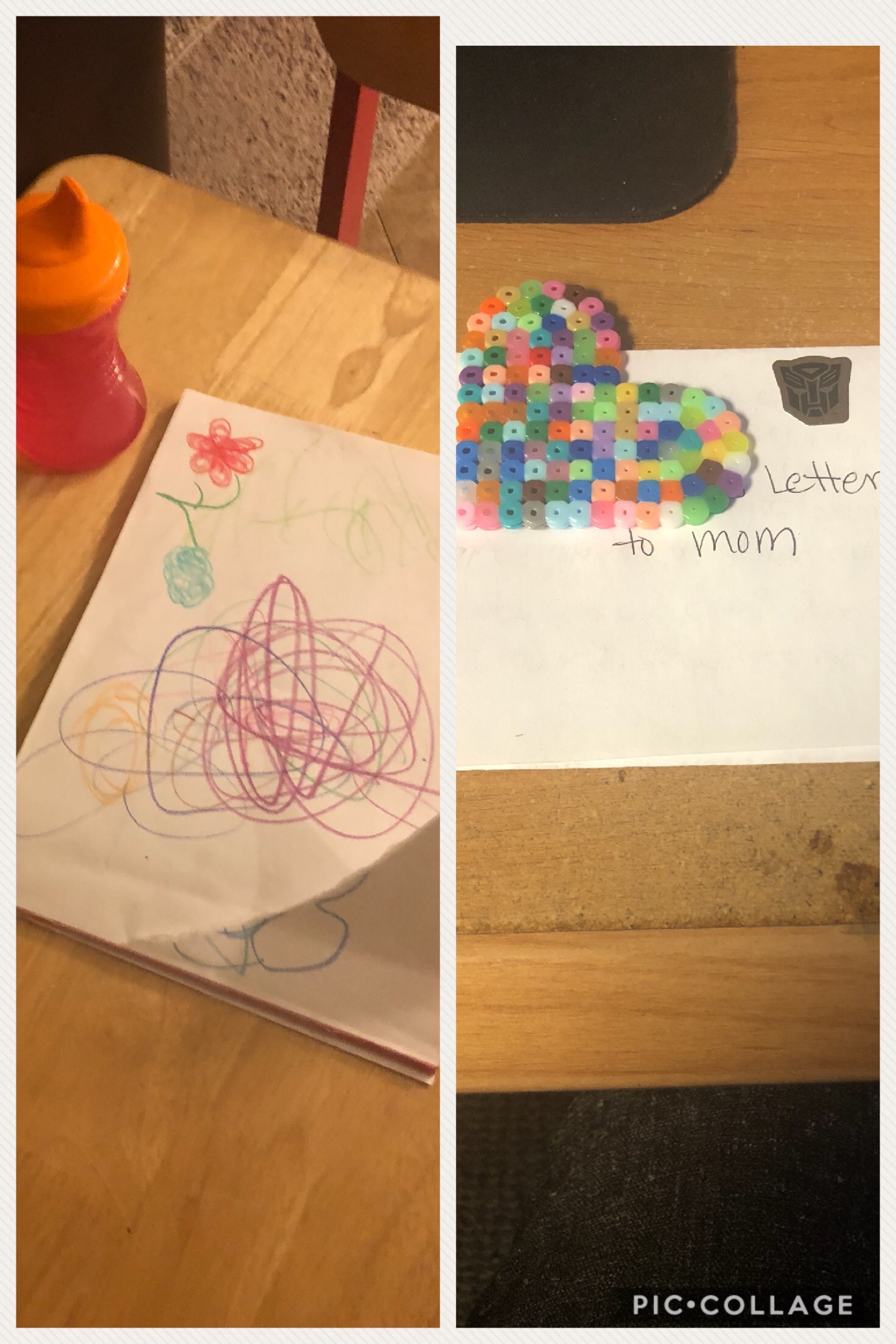When considering the type of communication to open between the birth parents and the foster parents it should always come from the perspective of the best interest of the child. Birth parents, however involved as a parent they have been, may have great information for a foster parent that will help a foster child adjust better. Some great ways to open that communication is with a communication journal that is sent between visits or using an e-mail address set up specifically for communication regarding your foster child, i.e. medical appointments, pictures of the child, copies of grade reports, awards and other items that you want to make sure are captured and kept if and when reunification occurs.
Many times a foster parent is asked to have the child in their home call the birth parent. In this case it is best for the foster parent to block their number and depending on the age of the child, either make the phone call through the speaker phone or just have the child talk to them off of the speaker phone (sometimes little ones need help to say something more than Hi to a birth parent).
 Children in your home can also be encouraged to draw or write a letter to their birth parent to give them at their next visit, or purchase small gifts for their birthday or Christmas to take to their visit. Liability can occur when a foster parent is asked to supervise a visit with a birth parent, the foster parent’s role is not to monitor this visit and in doing so compromises not only their role in their foster child’s life, but also opens them up to liability if something occurs during that visit. Foster parents can offer to take a child to a neutral location and leave them for a visit with birth parents if the birth parent has unsupervised time with their child, but should only do this after getting in writing from a caseworker that the birth parent has unsupervised time and this is in fact a request the caseworker is making.
Children in your home can also be encouraged to draw or write a letter to their birth parent to give them at their next visit, or purchase small gifts for their birthday or Christmas to take to their visit. Liability can occur when a foster parent is asked to supervise a visit with a birth parent, the foster parent’s role is not to monitor this visit and in doing so compromises not only their role in their foster child’s life, but also opens them up to liability if something occurs during that visit. Foster parents can offer to take a child to a neutral location and leave them for a visit with birth parents if the birth parent has unsupervised time with their child, but should only do this after getting in writing from a caseworker that the birth parent has unsupervised time and this is in fact a request the caseworker is making.
When birth parents and foster parents both attend medical and counseling appointments these are considered supervised visits as there are also medial personal present at the visit, and the birth parent doesn’t need to be allowed unsupervised time with the child to attend these. A child coming into care’s allegiance is always to their birth parents, the more a foster parent tries to work appropriately with the birth parent as a team, the more the foster child feels that they can open themselves up to loving both sets of parents and feel secure to grow and attach to the foster parents.
Christal Zeigler
Adoption Specialist
A Place To Call Home
www.tocallhome.com
